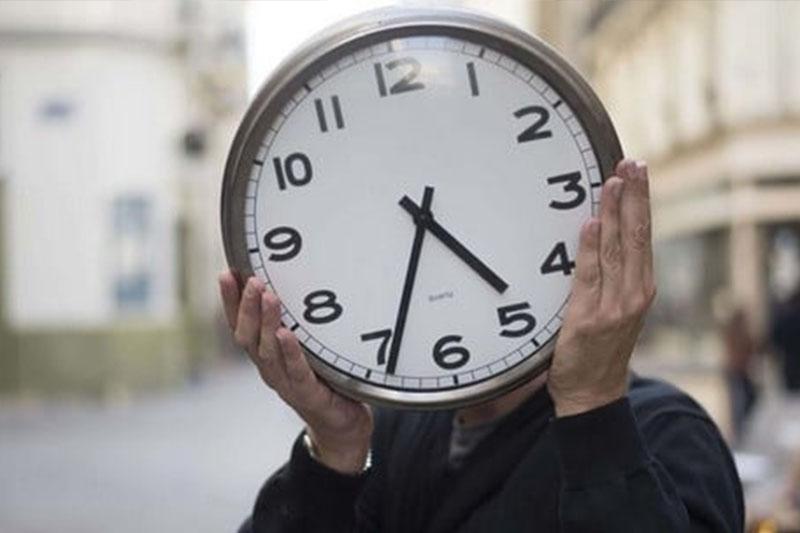Press dock: Will the new Moroccan government back down from the "extra hour"?
Reading some of Tuesday's newspapers, we begin with Al-Masa'a, which published that the Moroccan Network for the Civil Alliance demanded the Akhannouch government to specify its position on the extra hour in force throughout the year, which formed discontent among Moroccan society by fixing it arbitrarily. From summer time to permanent time.
The network asked about the feasibility of adopting overtime work at a time when a group of European countries, which are considered a strategic partner for Morocco in the economic field and commercial transactions, are working to reconsider this timing due to its negative effects, and they did not fix it throughout the year, but rather set it in summer period.
The Moroccan Network for the Civil Alliance also stressed the need to cancel the unilateral decision of the previous government, which ignored all the voices calling for the abolition of the extra hour through several objective indicators, but it continued with its decision, calling for an investigation to be opened on the study that the Ministry of Public Service completed for the sake of disclosure. about its results for national public opinion, and its financial cost.
Al-Masa'a said that the atmosphere in which the elections took place on September 8, and the results that resulted from them, represented a further stifling of freedoms, poverty, fragility, and high prices that exceeded what is prevalent globally in the current period.

And to the “Moroccan Events” that talked about preparation works around the site of the sewing factory, which witnessed the death of its workers by drowning in Tangiers, after it was flooded with rainwater, where the process of rehabilitating the waterways along the orbit road for the underground tunnel is underway.
According to the same source, the local authorities are seeking to finish the works before the winter season in order to avoid the recurrence of floods in the areas adjacent to the tunnel, which have been suffering from the encroachment of construction on the course of the valley before the high level of the road, after the completion of the tunnel, increases the risk of rainwater flowing. With the weakness of its drainage channels and the accumulation of residential buildings over its original natural course.
In an interview with "Moroccan Events", Professor Ezzedine Brahimi, Director of the Biotechnology Laboratory at the Faculty of Medicine and Pharmacy in Rabat and member of the Scientific and Technical Committee to Combat the Corona Pandemic, spoke about two million Moroccans over the age of forty who did not benefit from vaccination against "Covid-19".
Al-Ibrahimi explained that if these people are not subject to vaccination in the future, they will be a threat to the health system in the event of an epidemic relapse, stating that the greater the number of unvaccinated people, the greater the chances of the virus multiplying, which finds an environment for reproduction and mutation, which may lead to a variable mutation. It may be more dangerous in the future.
Al-Ibrahimi indicated that the currently available vaccines are effective against various mutants, and that the unvaccinated may contribute to the spread of the virus, stressing that there will be no world without “Covid-19”.
For its part, Al-Alam discussed the rise in gas prices in the global market and its impact on Morocco, pointing to two possibilities; The first is related to the high cost of gas, which will inevitably be reflected in the clearing fund, and thus the negative impact of that on the budget. The second possibility is related to the liberalization of the market, whose negative repercussions will be borne by the pockets of citizens, and thus the negative impact on the purchasing power of Moroccans.
The daily published a call for the government to take proactive steps before Morocco finds itself facing an intractable crisis, stating that Moroccan professionals are eagerly awaiting a well-defined strategy with regard to the hydrocarbons sector, as the second actor alongside the first actor represented by the major distributing companies.










